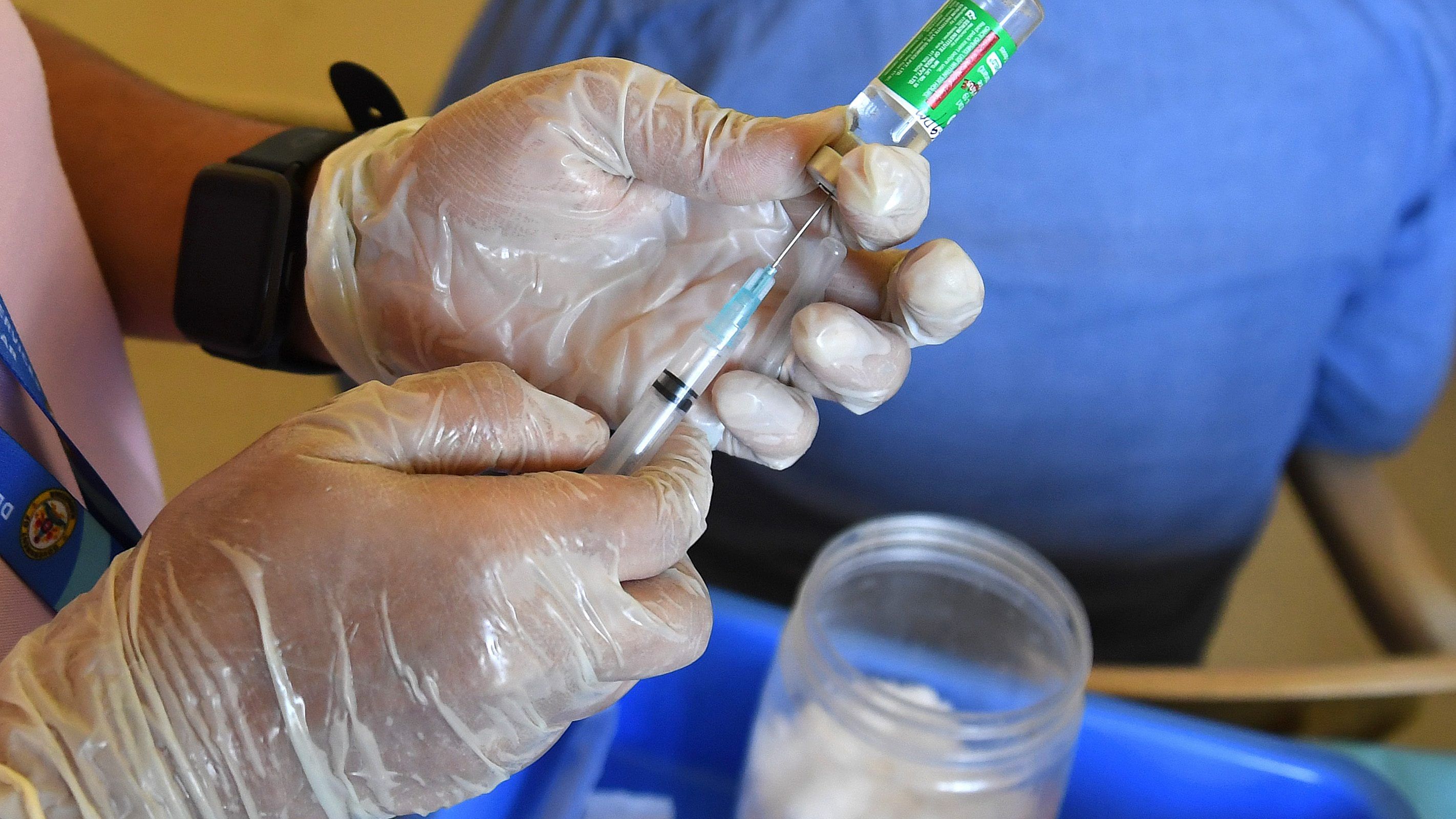
The Delta-led coronavirus surge and the rampant destruction it caused in the second wave are still afresh in people's minds, amidst this, a new variant of interest could dampen progress registered so far.
The World Health Organization has said that it is closely monitoring the new coronavirus "variant of interest" Mu, warning that the new variant shows signs of possible resistance to vaccines. Mu - also known by its scientific name as B.1.621 - was first identified in Colombia in January 2021, and since then, there have been "sporadic reports" of cases and some larger outbreaks in South America and Europe, the UN health agency said in its weekly bulletin on the pandemic on Tuesday.
But will vaccines be able prevent more variants? Most Covid vaccines target the “spike protein” of the virus, which it uses to enter our cells. Our vaccines expose our bodies to a part of the virus, commonly the spike protein, so our immune system can learn to fight the virus off if it encounters it. If a variant has significant changes in the spike protein, this may decrease the effectiveness of our vaccines. The WHO said preliminary evidence suggests the 'Mu' variant could partially evade the antibodies we get from vaccination. But because this data is from lab studies, we can’t be sure how the variant will actually play out in the population.
South African scientists are also closely monitoring the development of another new variant. The potential variant of interest, C.1.2, was first detected in the country in May this year. C.1.2 has since been found in China, the Democratic Republic of the Congo, Mauritius, England, New Zealand, Portugal and Switzerland as of August 13, they said. However, C.1.2, is not yet a variant to follow, nor a variant of concern, according to the classification of the World Health Organization.
The Lancet Infectious Diseases journal in a new study found that people infected with the SARS-CoV-2 virus after receiving one or two Covid-19 vaccine doses have significantly lower chance of severe disease or hospitalisation than unvaccinated individuals. Researchers also found that the odds of experiencing long Covid -- illness lasting 28 days or more after a positive test -- were reduced to half for people who received two vaccine doses.
As India combats a spike in daily Covid-19 cases with Kerala driving this surge, preliminary results of Bengaluru's serosurvey, which was launched by municipal authorities in early August, show that over 75% of the sample population in the city have antibodies for Covid-19. The preliminary findings appear to show that vaccinations are inducing an appropriate antibody response in people. At the same time, despite the small sample size, the high seroprevalence score also suggests that a sizable percentage of the city’s population had been infected during the second wave.
After Kerala's situation, the Centre sounded caution and said that mass gatherings should be discouraged and full vaccination should be a prerequisite to attend such gatherings. The government urged people to get jabs and follow Covid-appropriate behaviour, especially during the festive season. The Centre said that 39 districts in the country reported over 10 per cent weekly Covid positivity rate in the week ending August 31 while in 38 districts, it was between 5 and 10 per cent.
With the number of Covid-19 cases in Kerala, the Union Health Minister Mansukh Mandaviya on Wednesday asked his counterparts from Karnataka and Tamil Nadu to increase the pace of vaccination in the bordering districts to contain the inter-state spread.
While reviewing the epidemic situation following the Kerala surge, Mandaviya in a telephonic conversation with the two state ministers discussed strategies that need to be followed in Tamil Nadu and Karnataka – two states bordering Kerala – so that the number of new cases doesn't flare up.
India said it will resume exports of Covid-19 vaccines only after its own interests are taken care of as a recent surge in immunisations raised hopes of foreign sales that have been barred since mid-April.
In a bid to make booking for vaccination slots more convenient, Google will allow users to get more information about vaccine availability and appointments for over 13,000 locations in the country across its three products - Search, Maps and Assistant - starting this week.
Meanwhile, the Drugs Controller General of India (DCGI) on Wednesday granted permission to Hyderabad-based Biological E Limited to conduct phase 2/3 clinical trials of its 'Made in India' Covid-19 vaccine on children aged between 5 and 18 years with certain conditions, sources said. This comes as several Indian states reopen schools for children with Covid protocols.